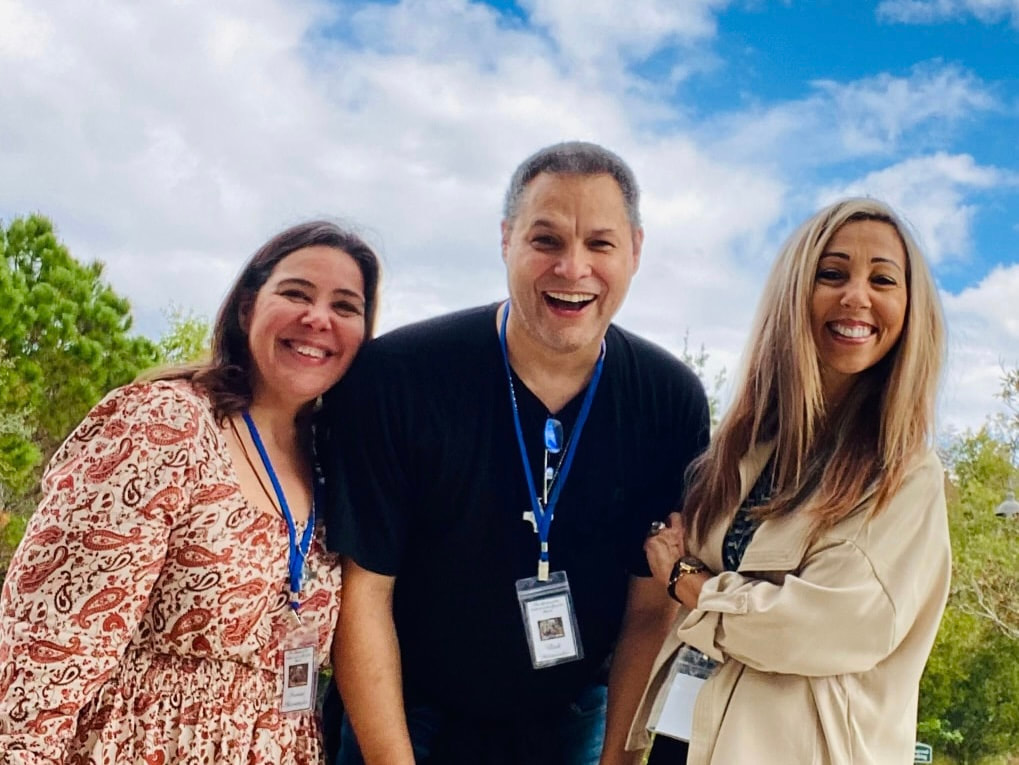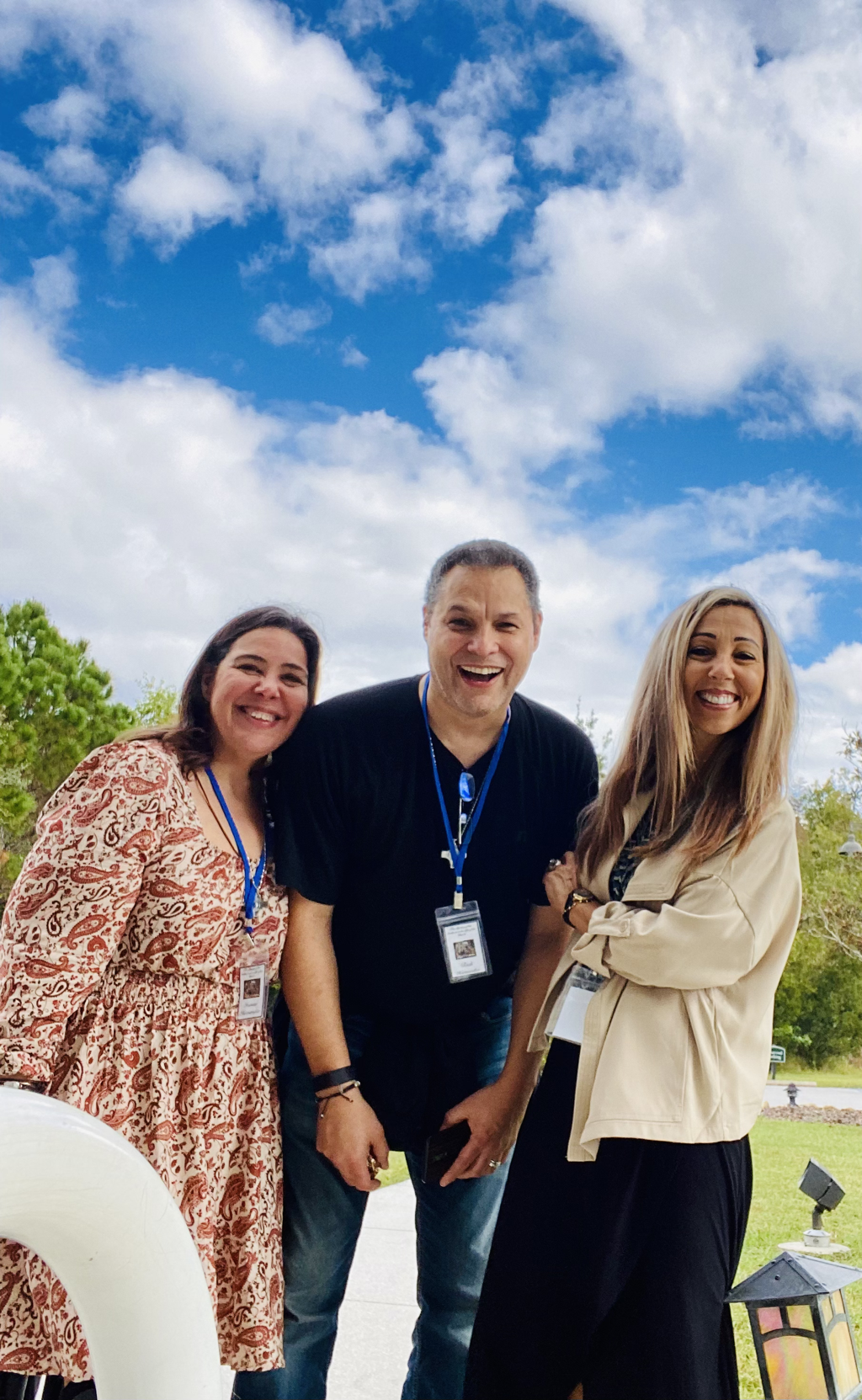ELISHEBA BLOGLaura, Ivonne, and Rick
write about their lives in the Eucharist. |
|
By: Rick Hernandez We are imperfect. We err often. We make mistakes. This is absolutely an intrinsic part of our human existence, and it is a fact that our mistakes help pave the road of our experience. In our human imperfection, in this human limitation that we live in, Christ calls us to greater heights. "Be perfect, just as your Heavenly Father is perfect" (Matthew 5:48). Christ directly states what the goal is. The goal is perfection. But what does perfection mean? What is Christ really asking us to be? We are never going to be perfect, not in the meaning of the word we use today. The original Greek word used in the Gospel of Matthew is "teleioi", which comes from the word "telos", meaning "to be complete" or "to achieve its end". We are imperfect, yet we can fulfill our purpose and achieve our end through constant work, thus reaching for that completeness that we are called to seek. Saint Thomas Aquinas asserts the following correspondences between the seven Capital Virtues and the seven Gifts of the Holy Spirit. Aquinas asks us to work on the virtues and obtain their gifts to grow closer to sainthood.
How pure is the love of the Father that allows us to make our mistakes yet offers loving guidance towards the right way for us? The road is forward towards the path of growth, the way of experience. Experience allows us to grow in our wisdom and understanding. Understanding allows us then to work diligently towards our completion, towards fulfilling our purpose. Our purpose is to completely unite ourselves with our Lord. "I have called you by your name: you are mine" (Isaiah 43:1). He calls us, just as we are. He claims us, for He perfectly knows us. He waits for us, for He knows both our place and our time. The host that the priest consecrates during Mass is but a piece of bread before the Consecration takes place. It is an imperfect object, but after the Consecration, that imperfect host becomes the Body of our Lord, becomes perfect. This perfection cannot be seen with human eyes, but we both know and feel its perfection, for it is Jesus Christ Eucharistic, fulfilling His purpose, showing us the end of the work of Redemption, perfect, complete. In the humble Eucharist, we receive His perfect gifts: perfect love, perfect faith, perfect hope. We are called to achieve our end and fulfill our purpose. It is the virtue of Hope that allows us to continue moving forward. Imperfect, incomplete as we are, we can ask God to perfect our charity to be just like His. We can ask God to perfect our faith in Him, who is faithful. We can ask God to perfect our hope, that we may draw closer to our goal. Our love convicts us. Our faith emboldens us. Our hope encourages us. Imperfectly perfect, we are called to be. This week, as we are praying the Novena of the Holy Spirit (Pentecost), let's take time to meditate on the seven gifts of the Holy Spirit, that we may grow towards our call to "telos" (perfection), which is only attainable with God's help. We pray to the Holy Spirit to move us, that His will for us be done, that we may "be perfect, just as your Heavenly Father is perfect" (Matthew 5:48). May our ever-loving Lord bless us. Amen.
1 Comment
Jennifer L McIlveen
5/25/2020 03:07:44 pm
Rick, your reflection on "being perfect" was very inspiring. I particularly liked "Our love convicts us. Our faith emboldens us. Our hope encourages us. Imperfectly perfect we are called to be." Our love does convict us, faith emboldens us, and hope encourages us to strive for the perfection that God has called us to be. God Bless you and your work for our Lord.
Reply
Your comment will be posted after it is approved.
Leave a Reply. |
Categories
All
FOLLOW US ON SOCIAL MEDIA:
AuthorsWe are Ivonne J. Hernandez, Rick Hernandez and Laura Worhacz, Lay Associates of the Congregation of the Blessed Sacrament, and brothers and sisters in Christ. |
Copyright © 2024 Elisheba House Inc.
Elisheba House is a 501(c)(3) non-profit organization. Federal Tax ID Number 84-1894146
Florida registration for Solicitations of Contributions #CH71652
A COPY OF THE OFFICIAL REGISTRATION AND FINANCIAL INFORMATION MAY BE OBTAINED FROM THE DIVISION OF CONSUMER SERVICES BY CALLING TOLL-FREE (800-435-7352) WITHIN THE STATE. REGISTRATION DOES NOT IMPLY ENDORSEMENT, APPROVAL, OR RECOMMENDATION BY THE STATE.
Florida registration for Solicitations of Contributions #CH71652
A COPY OF THE OFFICIAL REGISTRATION AND FINANCIAL INFORMATION MAY BE OBTAINED FROM THE DIVISION OF CONSUMER SERVICES BY CALLING TOLL-FREE (800-435-7352) WITHIN THE STATE. REGISTRATION DOES NOT IMPLY ENDORSEMENT, APPROVAL, OR RECOMMENDATION BY THE STATE.




 RSS Feed
RSS Feed